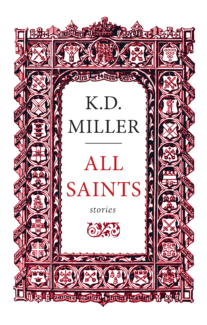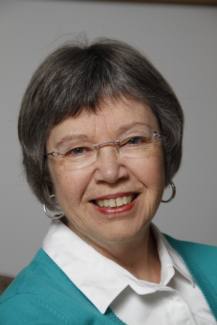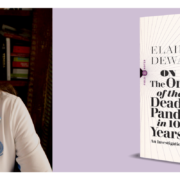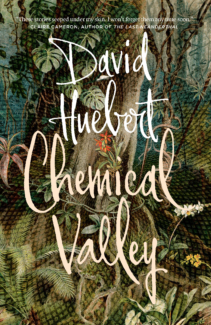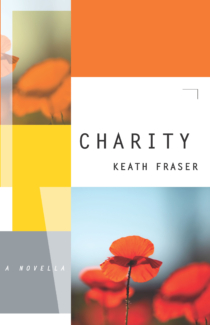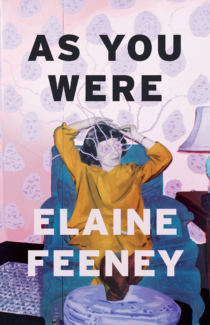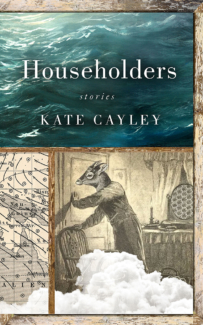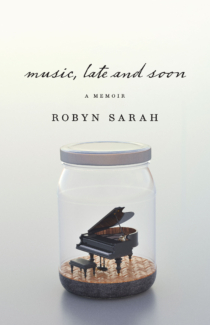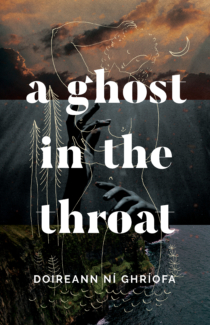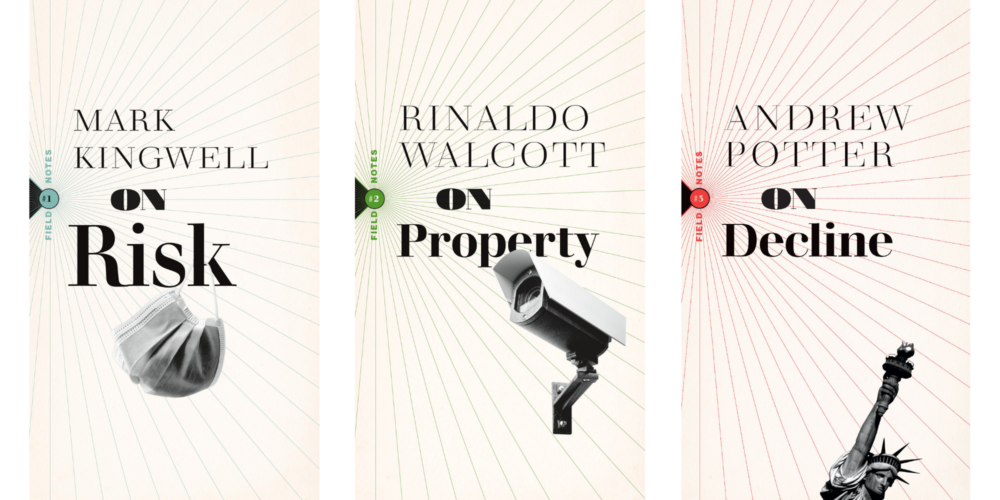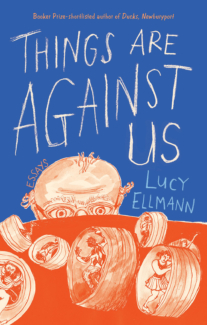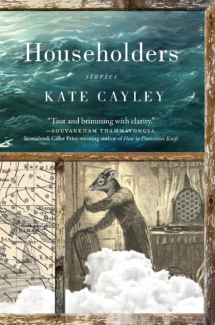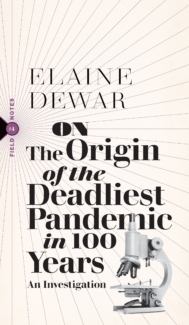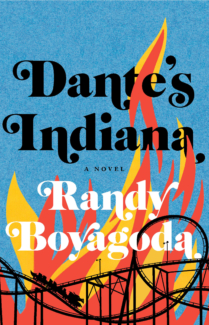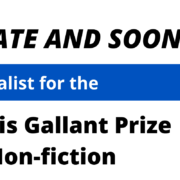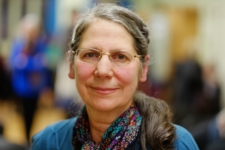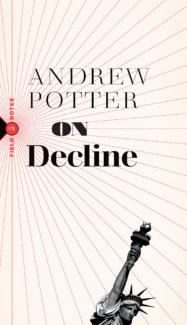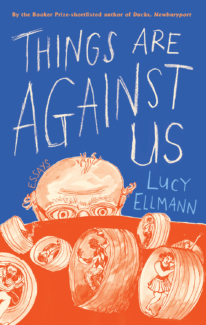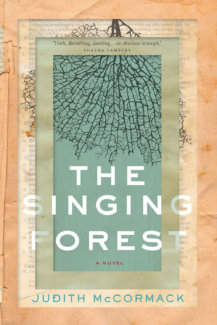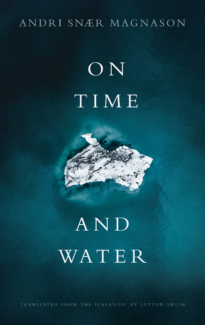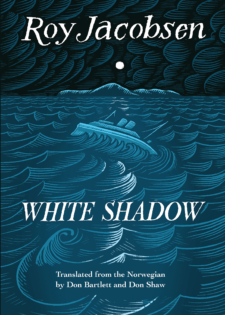The following is a response from Elaine Dewar to Dr. Angela Rasmussen, regarding her recent appearances on Canadaland and The John Gormley Show.
Once upon a time, scientists explained their findings and opinions in peer-reviewed journals or in carefully worded lectures delivered at scientific meetings. Now science moves at internet speed and Twitter has taken the place of learned societies as a favored forum. In the white hot propaganda war over the origin of SARS-CoV-2, scientists on opposing sides of the lab-leak versus nature debate have taken to Twitter like penguins in search of lunch in Antarctica’s waters. On Twitter, they heave nasty adjectives at their opponents with all the subtlety and care of the late Rush Limbaugh. Recently, a virologist named Angela Rasmussen (who claims over 200,000 Twitter followers), formerly of Columbia University’s Mailman School of Public Health, and now with the University of Saskatchewan’s Vaccine and Infectious Disease Organization, threw certain adjectives at me. I had been a guest on a Canadaland podcast explaining the findings of my new book, On the Origin of the Deadliest Pandemic in 100 Years, to Jesse Brown. Ms. Rasmussen, who, since the pandemic began, has turned into a one-woman defender of globalized virological science on as many TV shows, newscasts, magazines, newspapers willing to quote her (see her cv) got herself invited to the Canadaland podcast to denounce my book and her version of the main theory it propounds.
I don’t normally fuss over critiques of my published work. Journalists who throw stones are used to stones being thrown back and a good critique improves the work. I also try to live by a line made famous by champion boxer John L. Sullivan when some drunken twerp challenged him in a bar: “If you hit me,” said Sullivan, “and I hear about it….” On the Origin of the Deadliest Pandemic in 100 Years exposes undeclared competing interests, cover-ups by China’s officialdom, the manipulation of Canada’s National Microbiology Laboratory by China’s civilian/military virological establishment, and that labs outside the reach of US regulation have been doing dangerous gain-of-function experiments with USAID and NIH money given to them via a New York charity. The book follows the money and it names names. It shows that science done in authoritarian regimes cannot be trusted and why. So I expected pushback and I welcome it.
Nevertheless, I must respond to Ms. Rasmussen. She makes too many untruthful claims to ignore. While Ms. Rasmussen is entitled to dump on my book if she’s read it, her critique on the Canadaland podcast made it clear she hadn’t. Though I wrote to Jesse Brown, as did my publisher, asking him to attach my rebuttal of her false assertions to her podcast episode, Canadaland decided not to “re-litigate” the matter. Thus, this blog post.
I listened with amazement as Ms. Rasmussen began by accusing me of publishing a book that is “riddled with error starting with the title.” Why was the title in error? Ms. Rasmussen insisted that HIV/AIDS is the deadliest pandemic in 100 years, not SARS-CoV-2/COVID-19. While it is true that HIV/AIDS has killed about 35 million people over fifty years, Ms. Rasmussen must know that the WHO—which is the international body charged with declaring pandemics—did not declare HIV/AIDS to be one. Killing 35 million over fifty years is bad, but killing at minimum 6 million people around the world (while infecting hundreds of millions) in 18 months is the worst pandemic in 100 years.
Ms. Rasmussen then asserted that my publisher failed to fact check the book as evidenced by the title. In fact my publisher had four fact checkers go over it from the cover to the acknowledgements—400 pages with over 400 endnotes drawn mainly from scientific publications but also from interviews with virologists—starting with the title.
Ms. Rasmussen insisted that if only I’d bothered to interview virologists, I would have been set straight on a number of points, including the function of a genetic sequence conserved in all coronaviruses known as the RdRp ( which stands for the RNA dependent RNA polymerase). That’s when it became quite clear that she had not bothered to read the book but was responding to what she thought I said in the interview I’d given Jesse Brown. If she had read the book, she would have known how many virologists I tried to interview, and who among them finally agreed to speak with me. One who did consent to be interviewed, virologist Linfa Wang, is a close associate of Shi Zhengli, the so-called Bat Woman of China. It is Shi Zhengli’s lab that has become a focus for those arguing that a leak from a lab may have caused the pandemic. I interviewed others as well, but in particular a Canadian government virologist, Basil Arif, who, since 1998, has worked on the journal Shi edits, Virologica Sinica, which is published by the Wuhan Institute of Virology. Arif has also done important papers with Zhihong Hu, the former director of the WIV and the former boss of Shi Zhengli. Arif has been going annually to the Wuhan Institute of Virology for more than twenty years, which cannot be said of Ms. Rasmussen who admits she doesn’t know Shi Zhengli, but knows “friends” of hers, and that she is “honest.” Unfortunately, as my book shows, that claim is also far from true.
When Brown asked Rasmussen why, if my book is riddled with errors, the well-known science writer and editor, Nicholas Wade, had praised it, she replied that Nicholas Wade should be ignored on the grounds that a book he wrote in 2014 defines him as a racist. (Racist is a word she hurls around fairly frequently, along with the epithet grifter.) Wade’s views on the subject of intelligence, the subject of his book, are beside the point. The article he wrote in the Bulletin of Atomic Scientists—describing, among other things, his concern about how leading scientists tried to label as conspiracy theorists all who raised the possibility that SARS-CoV-2 leaked from a lab—finally made it possible for leading major media in the US to publicly consider the question. Instead of speaking to Wade’s points, she used a vile name to try to write him off.
Similarly, she mis-characterized what I wrote about the unusual five year relationship between the National Microbiology Laboratory in Winnipeg and the leading military/civilian virologists in China, including George F. Gao and Major General Chen Wei of the Peoples’ Liberation Army.
She also insisted that I believe the genome sequence known as RaTG13 is the viral ancestor of SARS-CoV-2. In fact, the book makes clear that I believe RaTG13 is a red herring and a symptom of the many things we have not been told about work done in Shi Zhengli’s lab. While until recently RaTG13 was the closest published viral sequence to SARS-CoV-2, it is fairly distant and does not have the furin cleavage site which makes SARS-CoV-2 so efficient at causing infection. (We now know that Shi Zhengli, Linfa Wang, and American colleagues Ralph Baric and Peter Daszak sought $14 million from DARPA in 2018 to, among other things, insert furin cleavage sites into SARS-related coronaviruses isolated by Shi’s lab. They didn’t get that grant, but we don’t know if Shi Zhengli got grant money elsewhere and did the planned experiments herself.) My book makes clear that I like best a quite different origin theory proposed by plant virologists Jonathan Latham and Allison Wilson. They sought to explain why SARS-COV-2 appeared to be so well-adapted to human beings from the start of the pandemic. If it originated in a bat or jumped to humans through an intermediate animal, why were there so few mutations in the first few months of its circulation? This adaptation to humans from the start was pointed to by Alina Chan and colleagues who compared it to SARS’s rapid mutation in the first quarter of its circulation. Chan’s work was only published as a pre-print (and poohpoohed as such by Rasmussen) but many other scientists in peer-reviewed papers pointed to the same issue, including one paper published in the journal Cell and commented on by Rasmussen herself.
Latham and Wilson argue that SARS-COV-2 or its direct ancestor, became well-adapted to humans in the lungs of six miners back in 2012. They had been hired to clear bat feces out of a copper mine in Yunnan, China. They got terribly sick with a SARS-like pneumonia. Three died. Samples from their lungs, taken over the course of several months, were sent to Shi Zhengli at the Wuhan Institute of Virology because she was by then expert in SARS-like coronaviruses. Shi only admitted she had those samples after a Masters thesis and PhD thesis describing the miners’ illnesses, treatments, and where their samples were sent, were discovered by members of a group of curious volunteers called DRASTIC. Shi Zhengli has still not published anything about what she found in those samples but has confirmed that they remain in her lab. Latham and Wilson argue that studying those samples would have given Shi a ringside seat as a bat virus evolved in real time into something that could easily infect humans. When challenged by Jesse Brown on that point, Ms. Rasmussen said Latham and Wilson are plant virologists, so their argument holds no water. In fact, their argument had already been supported by a study done in the UK and published in a medical journal in February. Doctors there took a series of samples over several months from the lungs of a man infected with SARS-CoV-2. These samples were sequenced and showed in real time how the virus adapted through mutation to the different treatments tried.
Toward the end of the podcast, Brown asked Rasmussen if she knew why W. Ian Lipkin—one of the coauthors of an early paper published in Nature Medicine that claimed a lab leak to be highly unlikely—had changed his mind and wanted a proper investigation of that possibility. Over most of 2020, that Nature Medicine paper was pointed to again and again as the refutation of any who dared to say a lab leak might have been possible. That paper served the propaganda interests of China, but also the interests of the American institutions that had funded Shi Zhengli’s work—USAID, the NIH/NIAID—through EcoHealth Alliance, also a major funder of Lipkin’s work at Columbia’s Mailman School. Most of the papers’ coauthors, including Lipkin, failed to acknowledge any competing interests, such as their relationships with those funders and with China. Ms. Rasmussen told Brown that though she used to work for Lipkin (until 2020), she did not know why he’d changed his mind. Yet Lipkin had been widely quoted on that subject. He said information had emerged about very dangerous gain-of-function experiments done by Shi Zhengli and her colleagues in low security labs which was “unsafe.” Even if Ms. Rasmussen did not read those articles, if she’d read my book she would have known exactly why Lipkin changed his mind.
Ms. Rasmussen may be a terrific virologist but critiquing a book she did not read is a dubious scientific practice. She might want to reconsider as well her strong support of global cooperation among scientists without regard to the conditions under which some scientists work. In particular, she should rethink whether we can rely on science done by colleagues working in authoritarian regimes. Early in the pandemic, China’s officials made clear to its scientists that they must get official permission to publish anything on SARS-CoV-2, or else, and that getting that permission would depend upon whether an article fit the propaganda interests of the government of China. Scientists in the west need to take care to avoid being dragged into China’s propaganda machinery which is extensive. The Propaganda Department of China regards scientific publishing as part of its purview and reports directly to the highest leadership.
Ms. Rasmussen’s appearance on the Canadaland podcast was clearly useful to China. CGTN—the China Global Television Network—took note of it and published on its website an article that bears this false title: “Virologist refutes Dewar’s theories….”
—
Read the original post on Elaine Dewar’s blog here.
Elaine Dewar’s bio.
Get your copy of On the Origin of the Deadliest Pandemic in 100 Years here.



